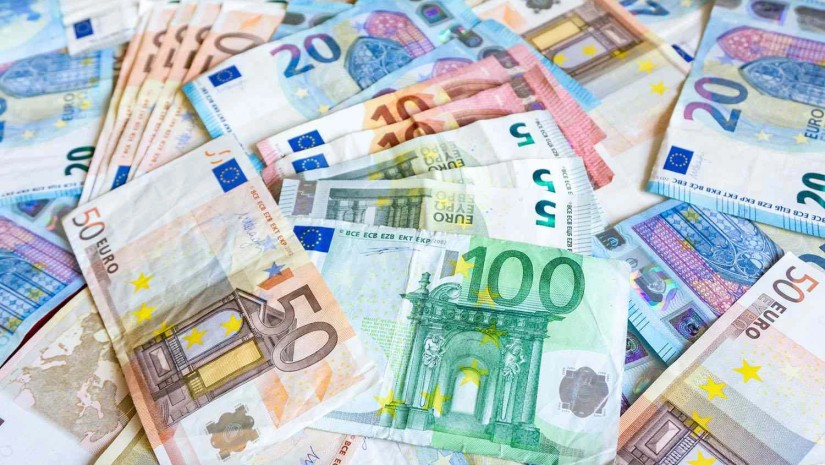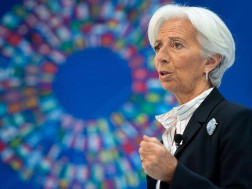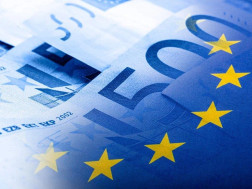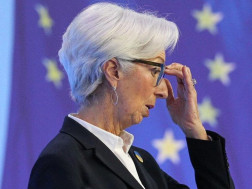The European Central Bank took a further step towards launching a digital version of the euro on Wednesday.
The ECB's governing council said it would start a two-year "preparation phase" for the digital euro on November 1 to finalize rules and choose its private-sector partners.
The preparation phase would encompass a "testing and experimentation" stage as benefits or risks associated with the common digital currency are yet to be made clear.
The ECB maintained that the final decision on launching a digital currency has also not been made.
A digital euro would be an electronic means of payment available to everyone in the euro area. It would give people the option to use central bank money in a digital format, complementing banknotes and coins.
ECB preparing for the future
"We need to prepare our currency for the future," said ECB president Christine Lagarde, adding that a digital euro would "coexist alongside physical cash" while "leaving no one behind".
Like cash today, the digital euro could be used anywhere in the euro area, the central bank said.
This would help strengthen the monetary sovereignty of the euro area and foster competition in the European payments sector, according to the central bank.
Risk and benefits
The central bank started looking into the feasibility of a digital euro in October 2021.
One of the key pressure points is that the ECB has not been able to clearly communicate the added value of the digital euro, experts said.
Plus, introducing the digital euro may facilitate a run on commercial banks at times of crisis while providing little improvement compared to existing accounts.
The ECB says a digital euro will create competition in the market for payments, dominated by US credit card companies.
More than 100 central banks worldwide, including in China and Japan, are either exploring or preparing to put in place digital currencies as electronic payments grow.
The US Federal Reserve, the Bank of England and the Bank of Canada are among those that have been more cautious about the digital currency project, DW reports.
















